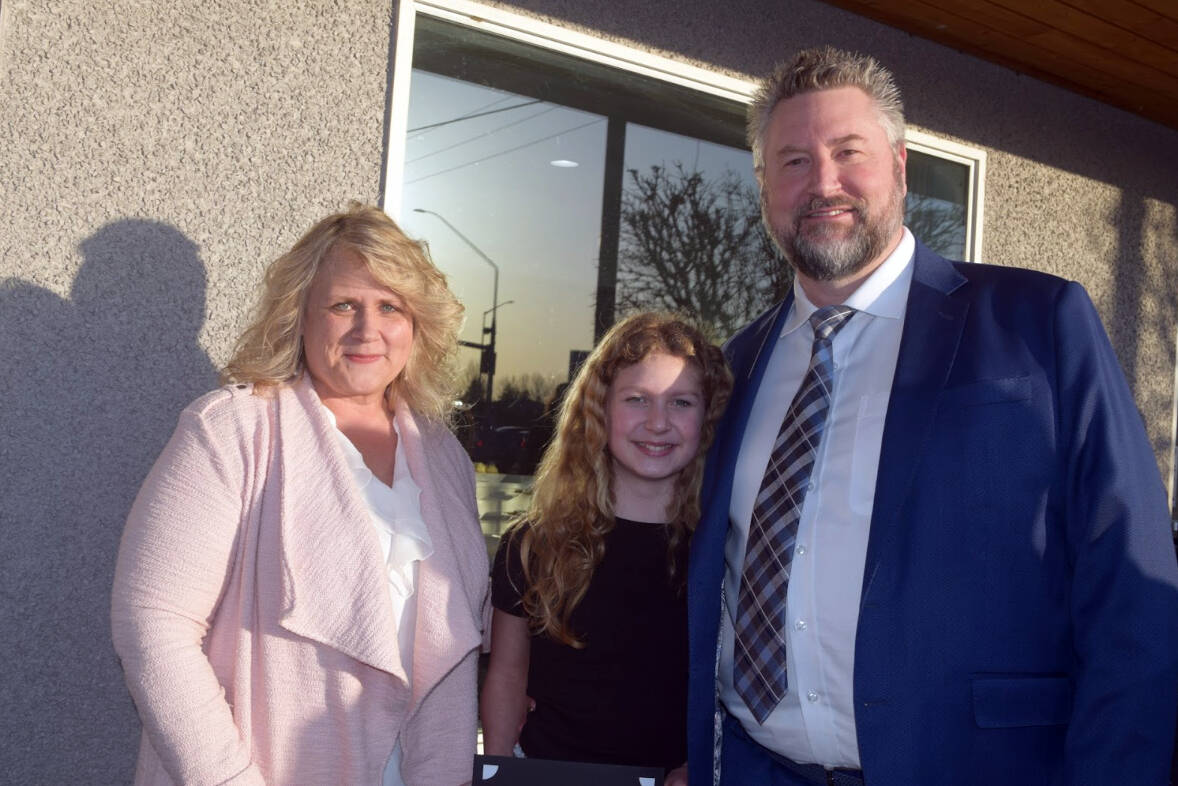News

Voters strongly defeating Kent School District levy
Nearly 60% against Capital Projects and Technology Levy on April 23 ballot

Kent Police pursue, arrest two 14-year-old boys for armed robbery
April 23 incident began at convenience store along West Meeker Street; ended on Military Road South
Man killed at Auburn’s Muckleshoot Casino in ‘random’ stabbing
Help is 3 numbers away: Crisis 911-988-211 services are now under one roof
Kent Police chief believes new carjacking task force will reduce crime
Former Kent School District bus driver accused of raping student
Kent Police investigate death of man found near railroad tracks
Business
Kent’s copper-colored building near Highway 167 to become banquet hall
Facility on Washington Avenue South previously housed LA Fitness; newspaper printing plant
Sports

Tale of two halves for Kentwood boys soccer
Kentwood led 3-0 at halftime, but ends with 3-3 draw against Mount Rainier.

Kentlake steals a win on the road — and steals top spot
Falcons defeated Lions 3-2 in an intense battle for the lead of the NPSL.
Seven former Kent-based Thunderbirds in Stanley Cup playoffs | List | Update
Seeing Green (River): Gators win first hoops title since 1969
Spring sports breakdown: NPSL surprises and standings
Kent School District and Kent Reporter partner for Athlete of the Year
Women’s NCAA basketball tournament was a game-changer | Bench Talk with Ben Ray
Life

Healthy Kids Day free event coming up April 20 at Kent YMCA
Activities to include face painting, bounce house and dodgeball
City of Kent offers space festival for families May 4 at ShoWare Center
Kent-based Theatre Battery seeks performers for ‘Romeo and Juliet’
Return of ‘Kent Has Talent’ show postponed to fall from May
Kent Station to host Easter Egg Hunt on Saturday, March 30
Major $2.9 million renovation coming to Kent’s Springwood Park
Opinion

If you’re right, and you know it, then read this | Whale’s Tales
As the poet Theodore Roethke once wrote: “In a dark time the eye begins to see…”

The key thing is what we do with our imperfections | Whale’s Tales
I have said and done many things of which I am not proud. That is, I am no golden bird cheeping about human frailties from some high branch of superhuman understanding.
Northwest

Auburn Police arrest driver at Lea Hill Park for hitting woman | Video
Dashcam footage shows the pursuing officer deploying a PIT maneuver on the Honda Fit

Firefighters extinguish large brush fire in Renton
Broke out Friday, April 19; could be seen from Interstate 405
Most Read
Man, 22, dies from shooting at Auburn apartment complex
Asylum seekers, supporters ask Kent City Council for housing help
Former Kent School District bus driver accused of raping student
Kent Reporter Female Athlete of the Week: Sofia Mottern-Salinas
Kent Police to join new Western Washington Carjacking Task Force




